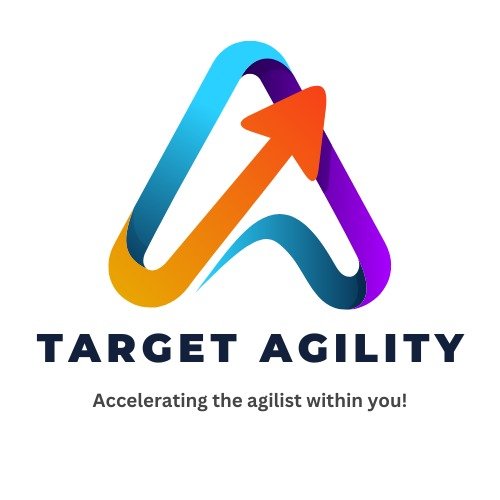Daily stand-up meetings are an important part of Agile teams, helping members communicate and work better together. But if not managed well, these meetings can become long and boring. Here are some simple tips to keep your stand-ups short, interesting, and useful.
1. Focus on Three Simple Questions
Keep the meeting on track by having everyone answer these three questions:
- What did you do yesterday?
- What will you do today?
- Are there any challenges?
This format keeps the meeting focused and organized.
2. Set a Time Limit
Keep the stand-up under 15 minutes. Assign someone to be the timekeeper to remind people to keep their updates brief.
3. Stand Up Physically
Standing during the meeting helps keep it short. People are less likely to go on long tangents when they’re not sitting comfortably.
4. Use a Visual Board
A Kanban board or task board helps people quickly see the status of tasks, reducing the need for long explanations.
5. Rotate the Leader
Let different team members take turns leading the meeting. This keeps it fresh and allows everyone to practice leadership.
6. Handle Blockers After the Meeting
If someone has a challenge, acknowledge it briefly and schedule a follow-up to discuss it in detail after the stand-up.
7. Focus on the Team
The stand-up is for the team, not for managers. Keep the focus on helping team members work better together.
8. Avoid Problem-Solving
Don’t try to solve problems during the stand-up. Save those discussions for a separate meeting.
9. Encourage Listening
Make sure everyone pays attention and stays engaged. Discourage multitasking during the meeting.
10. Adjust to Fit Your Team
If the standard format doesn’t work, try different formats or add new agenda items to meet your team’s needs.
11. Keep It Positive
Create a friendly and supportive atmosphere. Celebrate successes and encourage teamwork.
12. Review and Improve
Ask for feedback on the stand-ups and make changes if needed to keep them effective.
Conclusion
Daily stand-ups are a great way to keep your team aligned and productive. By keeping them short and engaging, you can make the most of these meetings and help your team work better together.












